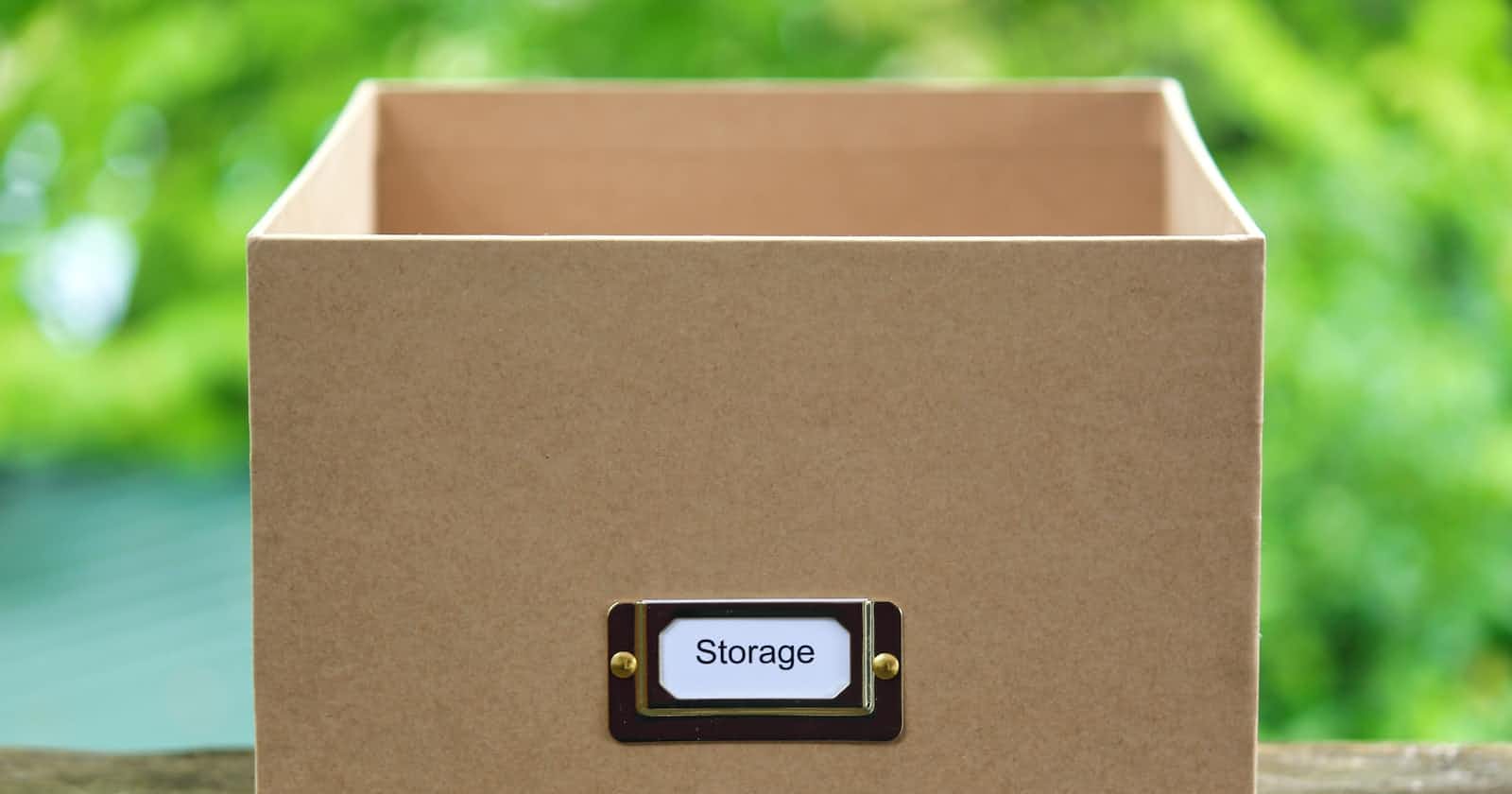
Understanding localStorage
The importance of localStorage in web development today
Table of contents
As web applications become increasingly sophisticated and interactive, the need for a way to store data on the client-side has grown. One solution to this problem is localStorage. This article will explore what localStorage is, how it works, and why it is essential.
What is localStorage?
localStorage is a web storage API that allows web applications to store and retrieve data on the client-side. It is a simple key-value storage system that can store small amounts of data, such as user preferences, form data, and application state.
How does localStorage work?
LocalStorage works by storing data in the browser as key-value pairs. The localStorage API is used to set a key-value pair when a web application needs to store data. The following code, for instance, might be used by the application to store a user's name:
localStorage.setItem('name', 'Kevin Curry');
To retrieve the stored data, the application uses the getItem() method:
const name = localStorage.getItem('name');
console.log(name); // Output: John Doe
Even after the user exits the page or closes the browser, the data in localStorage remains accessible. Because of this, it is an excellent option for storing data that must be accessed in multiple sessions.
An excellent example of a localStorage use case is the immensely popular word game Wordle. Details like the users' current streak, max streak and number of guesses are stored in localStorage
What's the purpose of localStorage?
Better Experience for Users: If you want to improve the user experience, localStorage is essential. Web applications can save time and enhance the user experience by remembering user preferences, form data, and other settings by storing data on the client side.
Lower Server Demand: The fact that localStorage lightens the load on the server is yet another significant advantage. The server does not have to retrieve and send the same data each time a user accesses the application because data is stored on the client side. Page loads can be sped up and server resources used more effectively as a result.
Enhanced Safety: Additionally, using localStorage can improve security. Sensitive data, such as user authentication tokens, are not sent to the server with every request because sensitive data is stored on the client side. The risk of the data being stolen or intercepted while traveling is reduced as a result of this.
Compatibility with Other Devices: Additionally, localStorage is cross-device compatible. Because of this, data that is saved on one device can be retrieved and utilized on another device, making it simpler for users to access their data across multiple devices.
Conclusion
In conclusion, web developers who want to enhance user experiences, reduce server load, enhance security, and enhance cross-device compatibility will find that localStorage is an essential tool. localStorage is a useful addition to any web application because it can store data on the client side and has a simple API.
